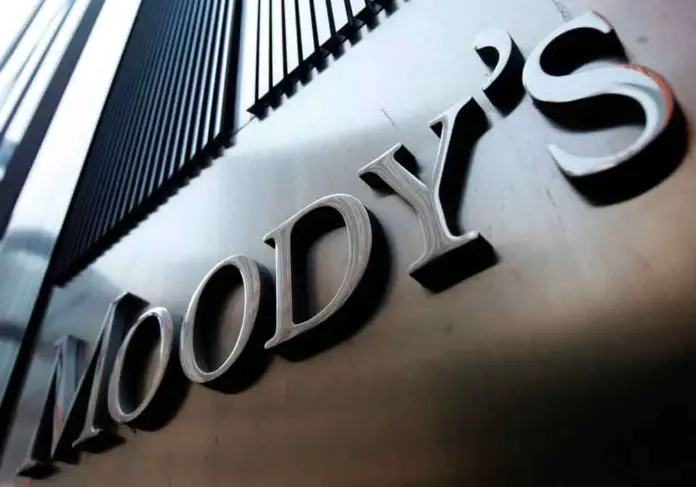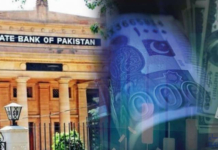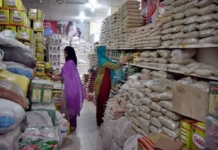The pace of economic expansion will vary across emerging nations and will be lower than 2021 levels, Moody’s says.
Economic activity will rebound to pre-pandemic levels in most emerging markets next year, however the pace of economic growth will be lower than that seen in 2021, according to Moody’s Investors Service.
Emerging nations’ ability to manage their high debt levels, their adaption to climate change effects and navigating rising political and social risks will underpin their economic growth and the performance of different sectors and asset classes, Ariane Ortiz-Bollin, a vice president and senior credit officer at Moody’s, said in the ratings agency’s latest report on emerging market economies.
Financial conditions will remain tight next year and weaker corporate sector entities may face credit stress. External liquidity risks will also remain elevated for governments burdened with large foreign currency debt payments. However, higher-rated issuers should be able to navigate 2022 fairly well despite higher debt levels, thanks to their strong economic or industry positions and good access to capital markets, Moody’s said.
“Credit conditions are expected to stabilise in the new year, but high leverage and deteriorating financial conditions will increase credit risks for weaker emerging markets,” Ms Ortiz-Bollin said. The rate of inflation is expected to slow in most economies, but the risks from high food and fuel prices will remain high, Moody’s said. Higher commodity prices will support commodity-dependent countries and companies, however, emerging market issuers that depend on travel and tourism dependent issuers will take longer to restore revenues and profits, Ms Ortiz-Bollin said.
Global economy has bounced back strongly from the pandemic-driven slowdown that last year tipped it into its worst recession since the 1930. However, the pace of recovery has remained uneven amid a surge in different Covid-19 variants and slower rate of vaccinations, especially across some developing countries.
Emerging market economies are now facing added pressures as the US begins to tighten its monetary policy amid rising inflation. A rise in interest rates will make access to capital markets difficult for some sovereign and corporate issuers in the developing world.
Moody’s expects G20 emerging markets to register a real gross domestic growth of 4.8 percent in 2022 and 4.5 per cent in 2023, lower than this year’s forecast rate of 7.3 per cent estimate. Excluding China, G20 emerging market economies will grow 6.2 percent in 2021 and slow to 4.2 percent and 3.5 percent in 2022 and 2023, respectively.
“Consumer demand growth will continue to recover. However, it will vary by region and country, depending on lingering health risks and mobility restrictions, limited government spending and affordability concerns,” Moody’s said. “High inflation could strain household budgets and slow the recovery of consumer-related sectors and economic growth, especially if job markets remain weak.”







